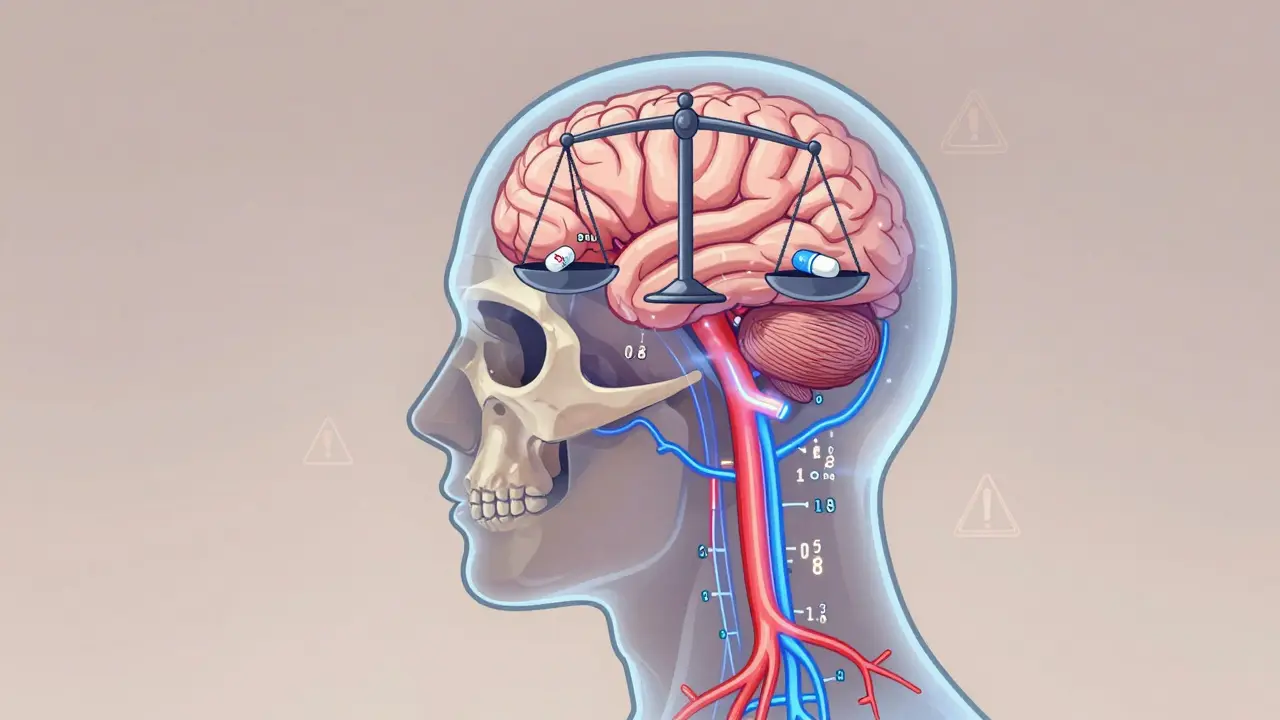Bipolar Disorder Treatment: Practical Steps You Can Use
Are mood highs and lows making life unpredictable? Bipolar disorder treatment is about more than one pill or one therapy—it's a mix of medication, talk therapy, daily habits, and a plan for crises. This page gives clear, useful steps you can try or discuss with your care team.
Medications: what usually helps
Most people with bipolar disorder rely on medications to stabilize mood. Common choices include mood stabilizers like lithium, certain anticonvulsants, and newer antipsychotics that also control mood swings. Each drug has trade-offs: lithium needs regular blood tests to check levels and kidney function; valproate is avoided in pregnancy; antipsychotics can cause weight gain or sleepiness.
Antidepressants can help depression, but taken alone they might trigger mania for some people. That's why psychiatrists often pair them with a mood stabilizer. If side effects are bothering you, talk to your prescriber—small changes in dose or switching meds can make a big difference.
Practical tips: set a daily pill routine (phone alarms help), keep a list of all medicines and supplements, and schedule routine lab tests if your drug requires monitoring. If cost or shipping is an issue, look for reputable online pharmacies or ask your provider about generic options.
Therapy, routines, and safety planning
Therapy is a must for most people. Cognitive behavioral therapy (CBT) helps with thinking patterns that worsen mood. Interpersonal and social rhythm therapy focuses on sleep and daily routines—regular sleep and meals reduce mood swings. Psychoeducation teaches you and loved ones to spot early warning signs.
Build simple daily habits: keep steady sleep and wake times, limit caffeine late in the day, avoid recreational drugs and heavy drinking, and use a mood tracker app or notebook to spot patterns. When you notice a shift, act fast—call your clinician, stick with your medication, and lean on your support network.
Create a crisis plan: list emergency contacts, the steps your caregiver should take, medications to avoid, and whether hospitalization might be needed if you’re a danger to yourself or others. Share this plan with a trusted person so they can help if you can't advocate for yourself.
Special situations like pregnancy, serious medical conditions, or co-occurring substance use need tailored care. If you're managing bipolar in a family member, offer steady routines, help with appointments, and encourage treatment without judgment.
If you want more practical resources or need help finding a provider, visit our Contact page to reach the team at GenericVilla.com. Talk openly with your clinician—treatment works best when you and your provider adjust it together.
Lithium carbonate generics require careful serum level monitoring due to narrow therapeutic ranges and formulation differences. Even bioequivalent generics can affect blood levels differently, risking toxicity or reduced efficacy in bipolar disorder treatment.
View DetailsEver wondered what Depakote really does, who needs it, or why doctors pick it for some of the brain’s toughest battles? This article breaks down what Depakote is, how it works for conditions like epilepsy and bipolar disorder, what side effects to watch out for, real data on its effectiveness, and tips for taking it safely. You’ll get a practical look at life on Depakote, sprinkled with relatable advice and solid information. If you or someone you know is facing a Depakote prescription, this is your must-read resource.
View Details


